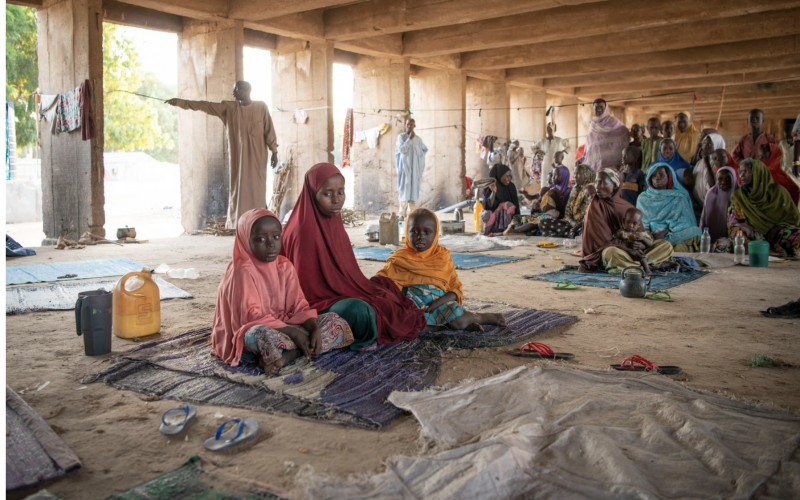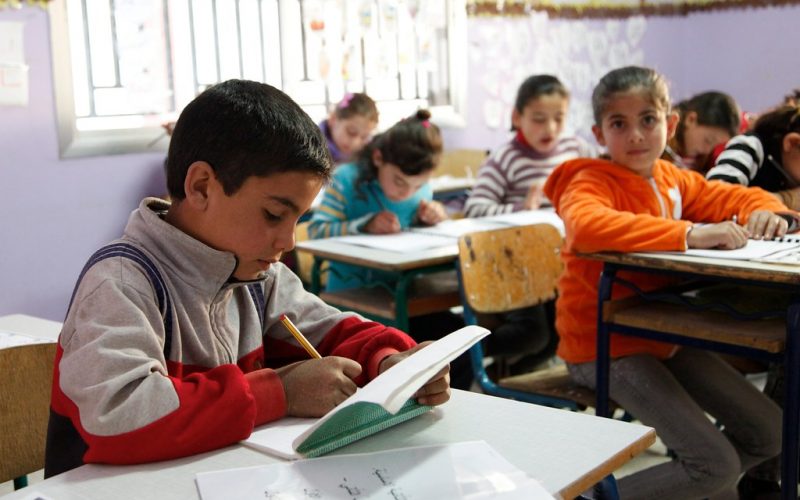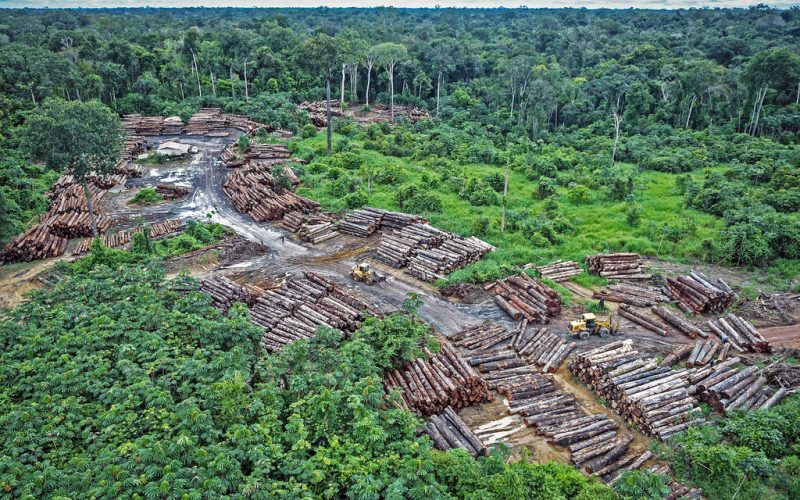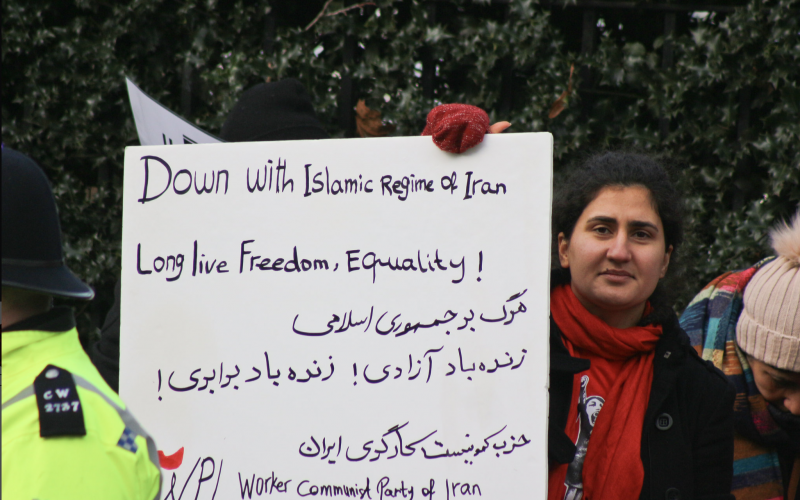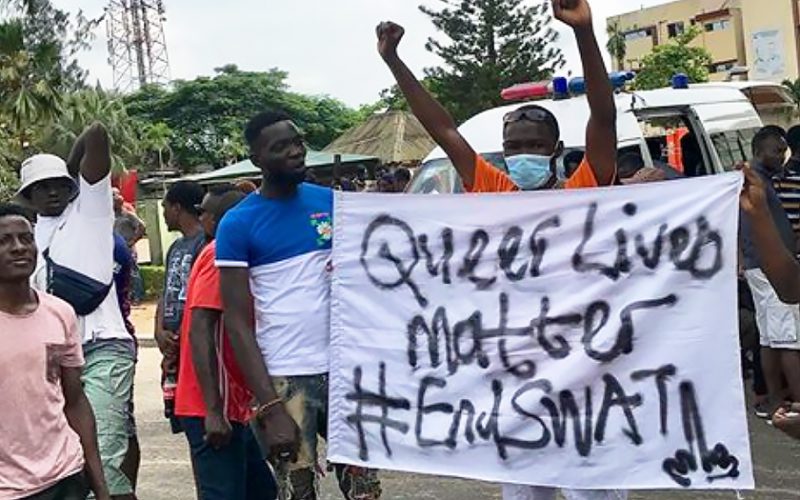The Canadian government is considering designating the Proud Boys a terrorist organization following their involvement in the violent attack on Capitol Hill on January 6. Adding the racist, white nationalist […]
Latest
Violation of Women’s Rights: Technological Surveillance in IranFreedom Cities or Company Towns? Labor and Rights Under a Centrally Planned Urban RegimeThe Rise of Sexual Violence in the DRCNot Exactly the Matrix: China’s Digital Red-Pilled War on WomenThe Human Cost of ICE: Stories of Abuse and Neglect
Wednesday, December 10



